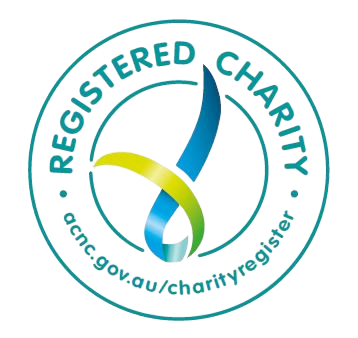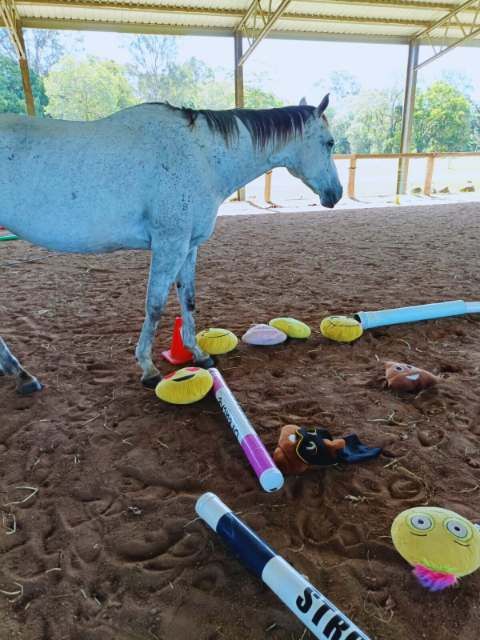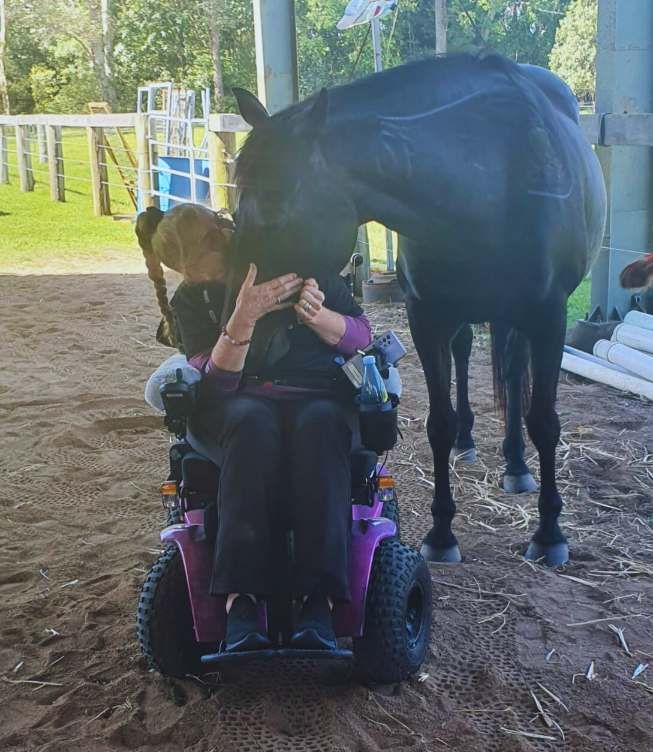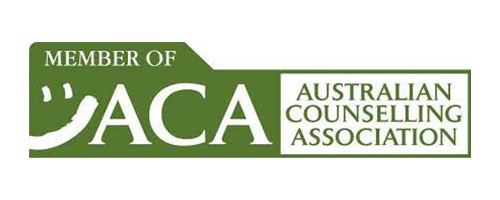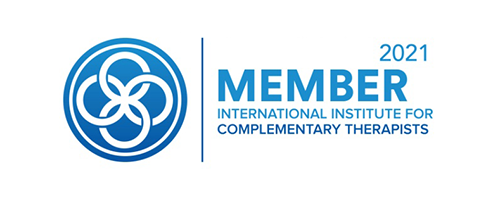Equine Assisted Learning
Palmwoods Equine-Assisted Counselling
Equine-assisted counselling offers a dynamic, experiential alternative to traditional therapy, allowing participants to engage in real-time emotional learning. At Equine Alliance in Palmwoods, sessions are designed around ground-based, non-riding activities where horses respond naturally to human behaviour. This immediate feedback helps individuals build greater self-awareness, emotional regulation, and interpersonal skills in a way that talking alone often cannot achieve.
Working alongside therapy horses in a peaceful, private farm setting encourages reflection, resilience, and lasting behavioural change.
We aim to deliver structured, evidence-based equine-assisted counselling programs to support individuals seeking personal development and emotional wellbeing. Call 0408 067 664 to book a session today.
Building Skills & Confidence
Equine-assisted counselling focuses on creating meaningful experiences that lead to emotional growth, behavioural change, and strengthened coping skills. Participants work with qualified facilitators and a calm herd of therapy horses, engaging in carefully structured activities that mirror real-life challenges and responses.
The sessions are adaptable to a wide range of needs, from managing anxiety and emotional stress to enhancing communication and building resilience. Grounded in the respected Eagala model, every session provides a safe and supportive environment, allowing clients to address emotions and behaviours in an honest and reflective way.
Through ongoing engagement, equine-assisted counselling encourages the development of practical strategies for everyday life. To learn more or arrange an initial session, contact the team today on 0408 067 664.
Frequently Asks Questions
What is equine-assisted counselling?
Equine-assisted counselling is a form of experiential therapy where participants engage in ground-based activities with horses to explore emotions, behaviours, and personal challenges.
Unlike traditional talk therapy, this approach uses the natural responses of horses to human behaviour to provide immediate, non-verbal feedback.
Facilitators guide participants through structured activities that encourage reflection, emotional regulation, and the development of new coping strategies. The focus remains on creating real-world outcomes through practical, hands-on learning.
Who can benefit from equine-assisted counselling?
Equine-assisted counselling can benefit people facing a variety of personal challenges, including anxiety, depression, trauma, stress management, and low self-esteem. It can also support individuals working on communication skills, emotional regulation, or personal development goals.
Because the process is action-based rather than conversation-driven, it is often particularly effective for those who may struggle to engage in traditional counselling formats. Children, adolescents, adults, and corporate teams can all benefit from tailored equine-assisted sessions.
Do I need to know about horses for equine-assisted counselling?
No prior horse experience is necessary for equine-assisted counselling. All sessions are conducted on the ground, with no riding involved. Activities are facilitated to ensure that participants of all ages and backgrounds feel comfortable, safe, and supported when interacting with the therapy horses.
Safety protocols are in place, and clear guidance is provided throughout every session. The focus remains on personal learning and development rather than horse skills.
How does equine-assisted counselling work?
Equine-assisted counselling works by using structured interactions with horses to encourage self-reflection, emotional insight, and behaviour change. Horses respond to human body language and emotional states, providing immediate, non-judgemental feedback. Facilitators observe these interactions and help participants interpret and apply their experiences to real-world challenges.
By stepping into experiential learning activities, individuals are able to develop emotional skills, build resilience, and strengthen their self-confidence in a supportive and non-verbal setting.
